Innovation and ownership: The cornerstones of COURTS Singapore’s enduring success

COURTS Singapore redefines talent strategy by cultivating a culture of ownership, innovation, and growth to drive long-term performance.
Drop in CFO turnover puts spotlight on succession planning for APAC HR leaders

A decline in CFO turnover signals Asia-Pacific’s deep-rooted preference for internal talent, continuity, and family-driven leadership cultures.
Singapore’s Q3 hiring outlook holds steady amid global uncertainty

With 43% of employers planning to hire, Singapore’s labour market signals resilience and agility amid global uncertainty and shifting priorities.
Singapore private uni grads face tougher job market

Fewer than half of private school graduates secured full-time jobs in 2024, widening the employment gap with autonomous university peers.
Taiwan’s jobless rate hits 25-year low for April

Taiwan’s jobless rate held steady in April at 3.36%, as unemployment fell by 4,000, signalling sustained labour market stability.
Breaking the corporate mould: The case of starting your career at a startup

Drawn to impact and agility, Chee Cui Xia chose the startup path early—and became the youngest Chief of Staff at her company.
Finance professionals in Singapore eye entrepreneurship and skills development, ACCA survey finds

Entrepreneurial ambitions, sustainability goals, and AI skill gaps are reshaping career expectations among finance professionals in Singapore.
Malaysia’s labour market expands in Q1 2025

Malaysia’s labour demand continues to rise, creating more opportunities for skilled and semi-skilled employees.
Beyond traditional HR: Tetra Pak’s integrated strategy for people, sustainability, and innovation

With Lin Hong Ming at the helm, Tetra Pak is shaping a people-first strategy that fuels innovation and future-proofs its workforce.
Building a real culture of learning will move your company forward

A culture of learning is not a static achievement. The most successful organisations are those that see learning not as a cost, but as a long-term investment.
Employers in Singapore urge bold action to turn ageing population into economic gain
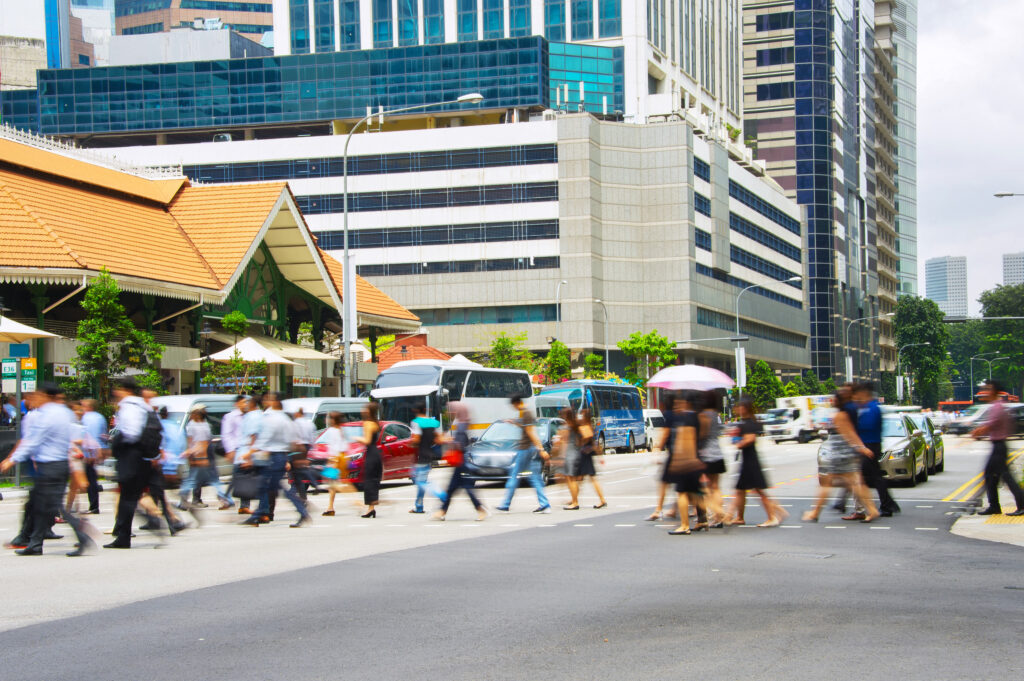
Singapore is positioning itself to turn the challenge of an ageing workforce into an opportunity through inclusive, flexible employment strategies.
Singapore’s labour market shows signs of cooling amid global trade tensions

Singapore’s labour market softened in early 2025 as employment growth and unemployment edged up amid rising global trade tensions.
Japanese banks reshape job structures for gender equality

Japan’s top financial organisations are eliminating gendered job tracks in a major push to close workplace inequality and pay gaps.
HR Tech Asia 2025: Power Talks to tackle future of work challenges
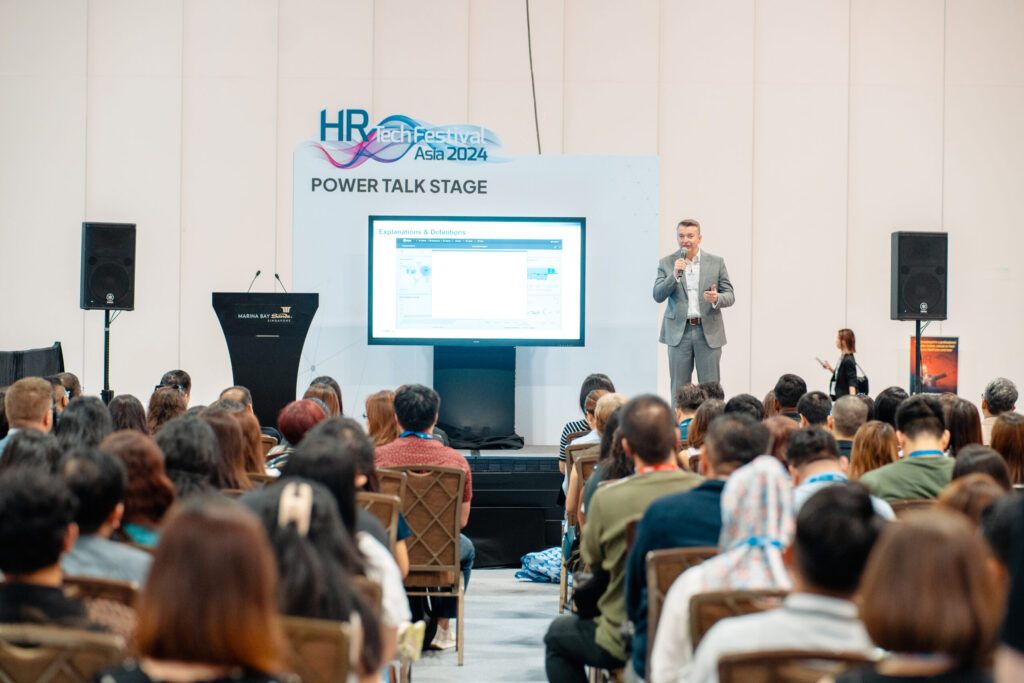
Discover cutting-edge HR strategies and game-changing ideas at HR Tech Asia 2025’s Power Talk Stage—where innovation meets action.
Inside UNIQLO Singapore’s plan to win the retail talent war

At UNIQLO Singapore, Juliana Tan champions digital innovation and inclusive talent development to meet the demands of modern retail.
Amid tariff uncertainty, could global hiring be the smartest option?

With worldwide tariffs in full force, domestic job creation may slow. Multiplier’s Amritpal Singh says global hiring is the most strategic employer response.
Driving workforce transformation: HR Tech Asia 2025 puts the future of talent in focus
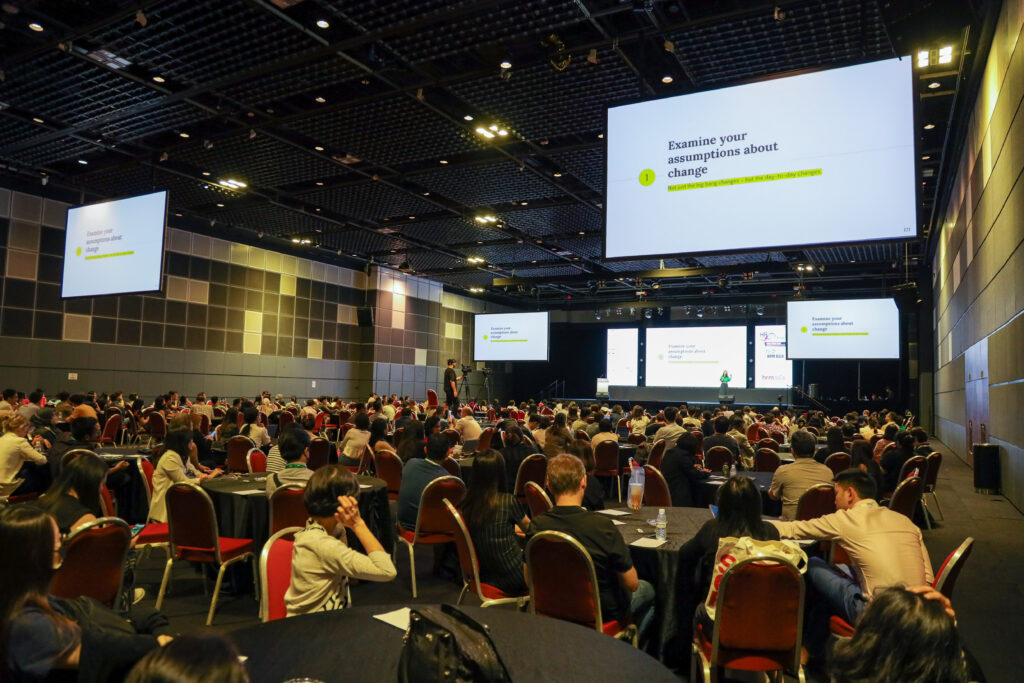
HR Tech Asia 2025’s Workforce Transformation track offers transformative insights on strategic talent management and building future-ready organisations.
A human-centric approach to AI integration in HR

From hiring to retention, AI is redefining HR processes, offering opportunities to enhance efficiency while prioritising human connection.
Taiwan’s labour market shows signs of cooling

Taiwan’s unemployment rose to 3.34% in February, breaking a five-month decline due to seasonal post-holiday job shifts.
Women in tech could unlock billions for firms in Australia

With women making up just 30% of Australia’s tech workforce, reskilling could bridge the gap, boost salaries, and drive economic growth.
Bridging the retirement readiness gap – A strategic HR opportunity

As Asia’s ageing workforce grows, organisations must rethink retirement strategies to retain expertise, ease transitions, and safeguard institutional knowledge.
South Korea faces looming labour shortage

South Korea is set to face a critical labour shortage by 2033, with a projected deficit of 820,000 employees.
The AI tsunami: HR’s helm in charting the course of work’s future

AI is reshaping the workforce, creating new roles and demanding fresh skills. How can HR leaders prepare employees for this transformation?
Singapore’s hiring sentiment holds steady amid economic crosscurrents

Singapore’s hiring outlook remains stable with 39% of employers planning to expand their workforce.
People-first HR: Cultivating leaders in Asia’s dynamic markets
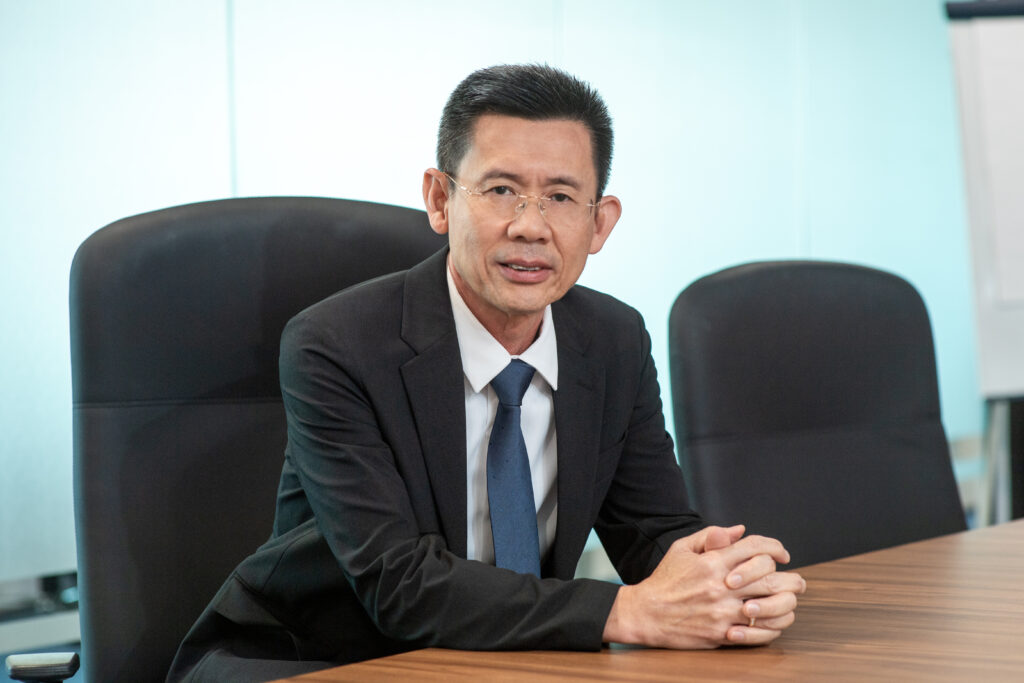
ADM is reshaping its HR strategies in Asia-Pacific, focusing on mentorship, early talent development, and fostering inclusion for long-term growth.
Middle management crucial to empowering women’s health at work

Women in the workforce face unique challenges, from stress to fertility concerns—yet these issues remain underdiscussed in workplaces.
Singapore expands support for flexible work and reskilling

More organisations in Singapore are embracing flexible work arrangements as the government expands support for reskilling and strengthens workplace fairness policies.
Singapore’s AI boom faces a gender gap

Despite a surge in women’s GenAI enrolments, they remain underrepresented, highlighting the need for targeted interventions to bridge the gender gap.
IWD 2025: A vision for women in semiconductors
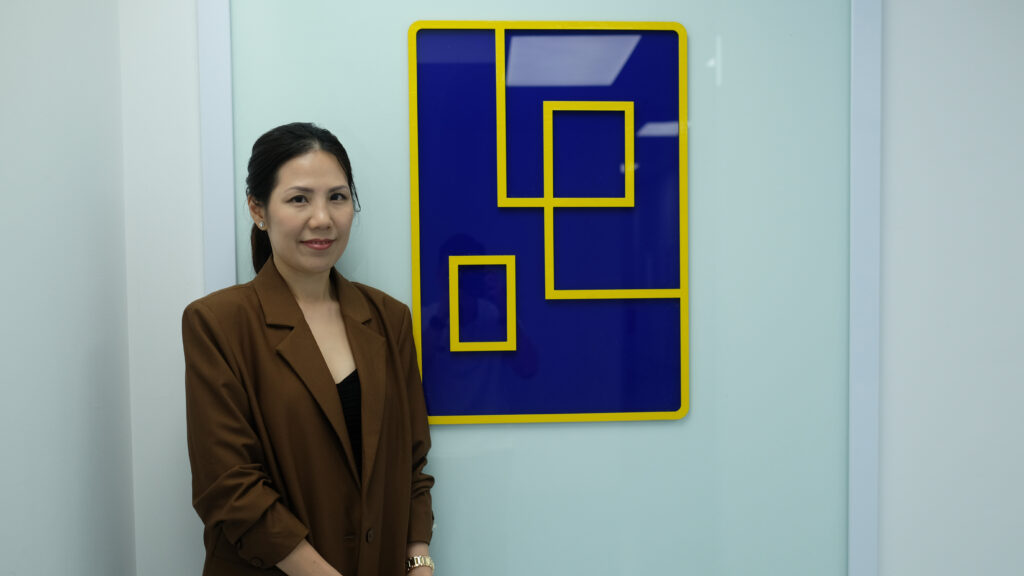
Global TechSolutions’ Brenda Lee shares how the semiconductor industry can move beyond intent to action, creating real opportunities for women in technical and leadership roles.
IWD 2025: Building pathways for women’s career comeback

Women re-entering the workforce face unique challenges, but Temus’ Melissa Kee highlights how organisations can help them overcome these barriers.
